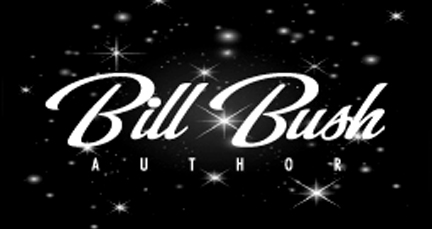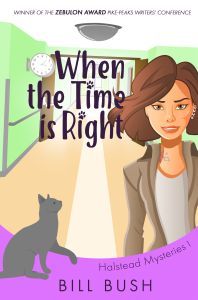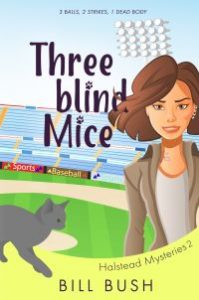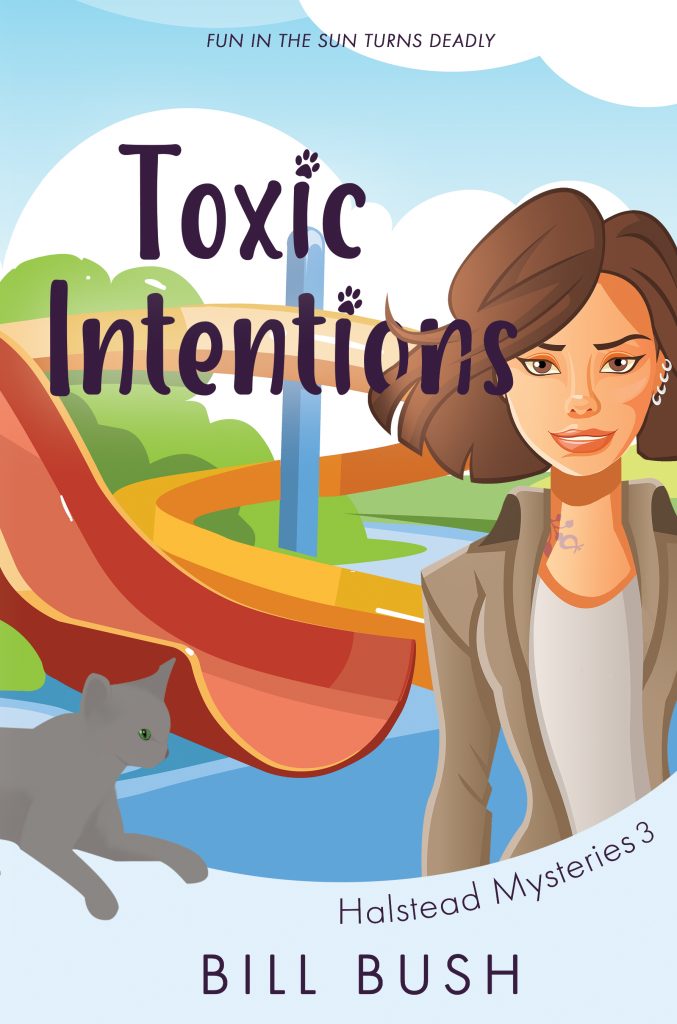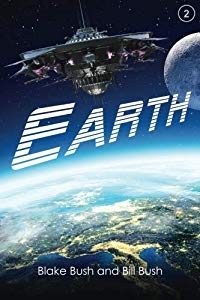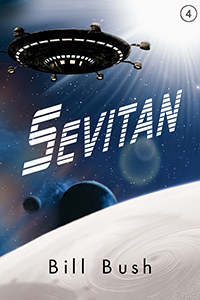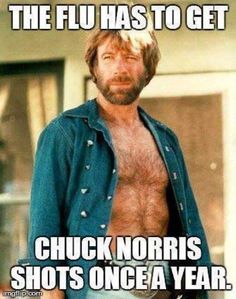
I came across a headline on Facebook announcing that Chuck Norris had died from COVID-19 at the age of 80. I read the short online story. Several sentences spelled out his storied career in martial arts, movies and television.
Then, I reached the final two sentences.
“However, after his minor inconvenience of death, Chuck has made a full recovery, and is reported to be doing quite well. It has also been reported that the Corona virus is in self isolation for 14 days due to being exposed to Chuck Norris.”
I laughed and thought it was a well-done Chuck Norris joke, so I shared it on my Facebook wall. I got a few laughing emojis and likes and then an old high school classmate slapped me with a Snopes fact checker, insinuating I had posted a false story.
Curious, I went to Snopes, and yes, it gave the story a false rating.
Um, duh!
Hello! It’s a joke, not a story! But then, you have to be intelligent enough to read past the headline.
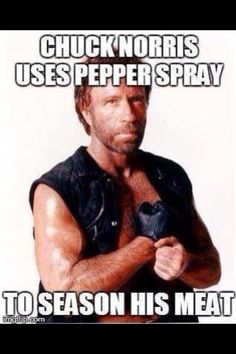
I’m not sure which is worse—that Snopes fact-checked a joke, or that people rely on others to tell them what to think about jokes.
I asked my friend if he had read the whole thing. He still hasn’t responded. Obviously, I know the answer and he may be too embarrassed to admit he hadn’t. He should be.
Several months ago, I posted an opinion piece on my church’s website and my pastor shared the link on Facebook. The story had to do with infanticide. Someone complained to Facebook and they blocked the site from their platform. Now, no matter what I write on the church website, even inspirational devotions, Facebook won’t allow my articles to be referenced on their site.
My opinion piece was similar to one I wrote in the newspaper around that time. When it appeared in the paper, someone wrote me a scathing note accusing me of abandoning my journalistic integrity to express my opinion.
Of course, she hadn’t read the stories I referenced or watched the video I commented about. I guess she didn’t need the details in order to make up her mind.
After she read the stories I had criticized and listened to my explanation, she apologized and recognized how I came to my conclusion. Maybe she shouldn’t have abandoned her journalistic integrity to criticize my column.

One of the great faults of our current society is that we make judgments outside of context.
From time to time, I hear people complain that Facebook has blocked something they wrote or shared. I know that Twitter and YouTube have done the same.
They are private companies, so they are welcome to put/allow whatever they want on their websites. That being said, it’s dishonest and deceptive not to have clear rules about what they will and will not allow. It’s also rude not to respond and provide an explanation to honest requests by those being blocked.
There are legal distinctions between a platform and a news outlet. I’m not a legal expert, so I may have my terms incorrect, but if a business is a platform, then they can’t sensor what’s posted. If they sensor, then they become liable for the content posted on their website. I’m guessing we’ll see legal battles arise as websites like Twitter, YouTube and Facebook continue to block, and fact check material posted to their sites.
Do we want an organization that fact checks jokes to be the arbitrator of truth?

Yes, technically the headline on my post about Chuck Norris was a complete fabrication known by me to be so when I shared it. But, that was the whole point.
Enjoy the Chuck Norris jokes for now; they may soon be gone.
PSA: In case Snopes hasn’t yet investigated, all memes posted in this article are factually untrue. Read at your own risk.
